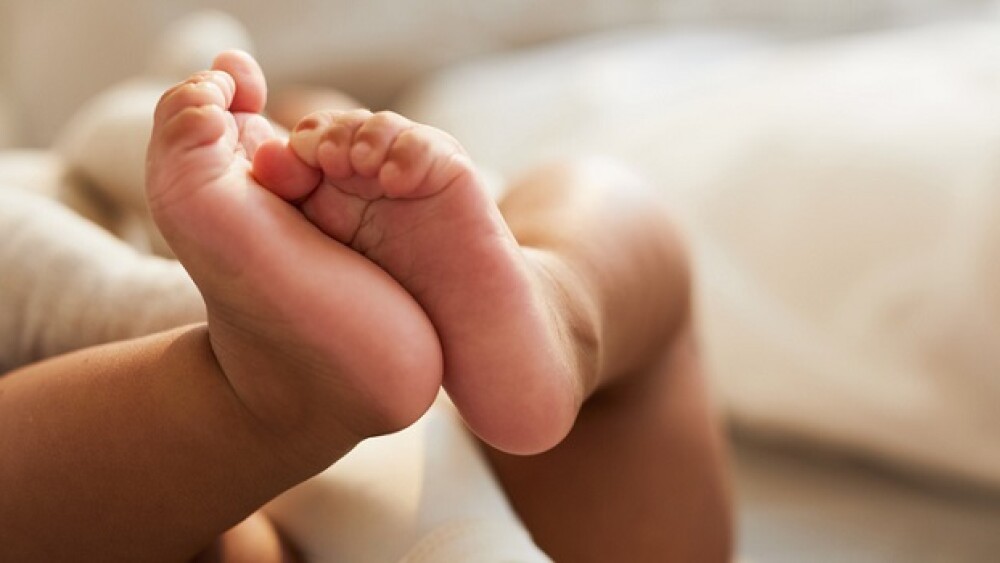Researchers released a study that has identified the first biochemical marker that could help detect babies more at risk of Sudden Infant Death Syndrome (SIDS) while they are alive.
Sudden infant death syndrome (SIDS) accounts for about 37% of sudden unexpected infant deaths a year in the U.S., and the cause of SIDS has remained largely unknown. On Saturday, researchers from The Children’s Hospital Westmead in Sydney released a study that has identified the first biochemical marker that could help detect babies more at risk of SIDS while they are alive.
SIDS refers to the unexplained deaths of infants under a year old, and it usually occurs while the child is sleeping. According to Mayo Clinic, many in the medical community suspected this phenomenon could be caused by a defect in the part of the brain that controls arousal from sleep and breathing. The theory was that if the infant stopped breathing during sleep, the defect would keep them from startling or waking up.
The Sydney researchers were able to confirm this theory by analyzing dried blood samples taken from newborns who died from SIDS and other unknown causes. Each SIDS sample was then compared with blood taken from healthy babies. They found the activity of the enzyme butyrylcholinesterase (BChE) was significantly lower in babies who died of SIDS compared to living infants and other non-SIDS infant deaths. BChE plays a major role in the brain’s arousal pathway, explaining why SIDS typically occurs during sleep.
Previously, parents were told SIDS could be prevented if they only took proper precautions: laying babies on their backs, not letting them overheat and keeping all toys and blankets out of the crib are a few of the most important preventative steps. Importantly, they still are, as there is still no test for this biomarker.
But many children whose parents took every precaution still died from SIDS. These parents were left with immense guilt, wondering if they could have prevented their baby’s death.
Dr. Carmel Harrington, the lead researcher for the study, was one of these parents. Her son unexpectedly and suddenly died as an infant 29 years ago. In an interview with the Australian Broadcasting Corporation (ABC), Harrington explained what she was told about the cause of her child’s death.
“Nobody could tell me. They just said it’s a tragedy. But it was a tragedy that didn’t sit well with my scientific brain.”
Since then, she’s worked to find the cause of SIDS, both for herself and for the medical community as a whole. She went on to explain why this discovery is so important for parents whose babies suffered from SIDS.
“These families can now live with the knowledge that this was not their fault,” she said.
In the study, the researchers wrote, “This finding represents the possibility for the identification of infants at risk for SIDS infants prior to death and opens new avenues for future research into specific interventions.”
Now that this biomarker has been further confirmed, researchers can turn their attention to a solution. In the next few years, those in the medical community who have studied SIDS will likely work on a screening test to identify babies who are at risk for SIDS and hopefully prevent it altogether.
BioSpace would like to clarify that despite this breakthrough, it is still abundantly important that anyone caring for a baby should follow safe sleeping practices. Ie: laying them on their backs, not letting them overheat and keeping all toys and blankets out of the crib. We are in contact with Dr. Harrington and look forward to a more in-depth discussion on the potential implications of these findings.





